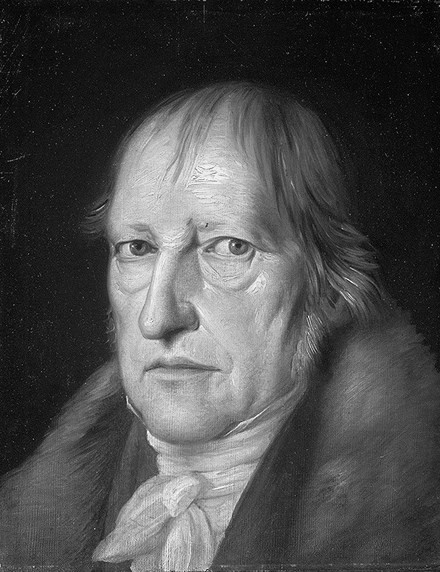
Publication details
Publisher: Springer
Place: Berlin
Year: 2018
Pages: 115-136
Series: Boston Studies in Philosophy, Religion and Public Life
ISBN (Hardback): 9783319913308
Full citation:
, ""What time is it? . . . . eternity"", in: All too human, Berlin, Springer, 2018


"What time is it? . . . . eternity"
Kierkegaard's Socratic use of Hegel's insights on romantic humor
pp. 115-136
in: Lydia Moland (ed), All too human, Berlin, Springer, 2018Abstract
Kierkegaard's avowed role as a Socratic gadfly to Danish Christendom can be viewed as an instantiation of Hegel's idea of the romantic humorist. Comparing Kierkegaard's manner of "awakening the Christians of Christendom to Christianity" with pertinent sections of Hegel's Aesthetics, Lectures on Fine Art makes this apparent. It shows that Kierkegaard's running critique of leading Danish Hegelians was not only of the speculative nature and conventional content of their positions, albeit ethical and religious, but also of their aesthetic form, namely, Hegelian classicism. In challenging the neat, refined and comprehensive form of their thought in a manner befitting Hegel's romantic humorist, Kierkegaard maintained that such classicism no more led to authentic living than did romanticism's morally-vacuous aesthetic individualism. Kierkegaard used Hegel's romantic humor, then, as an anti-aesthetic aesthetics in order to call for a suspension of Hegelian classicism so that a truer form of existential art, namely, the ongoing creation of human being in "co-operation with God," might emerge.
Cited authors
Publication details
Publisher: Springer
Place: Berlin
Year: 2018
Pages: 115-136
Series: Boston Studies in Philosophy, Religion and Public Life
ISBN (Hardback): 9783319913308
Full citation:
, ""What time is it? . . . . eternity"", in: All too human, Berlin, Springer, 2018



